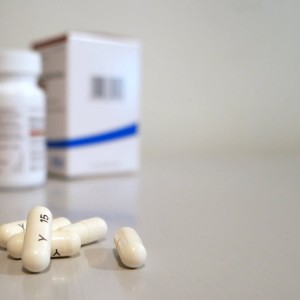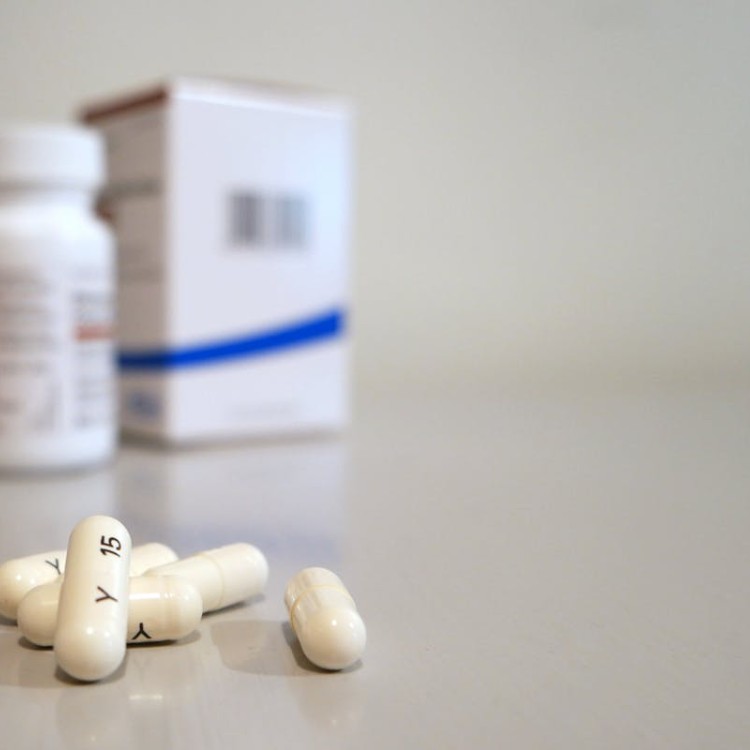 Although the general public often assumes anyone in rehab actively set out to develop an addiction, this couldn’t be further from the truth. In fact, most people who struggle with an addiction to prescription painkillers originally took their medication exactly as prescribed.
Although the general public often assumes anyone in rehab actively set out to develop an addiction, this couldn’t be further from the truth. In fact, most people who struggle with an addiction to prescription painkillers originally took their medication exactly as prescribed.
Prescription painkillers are often viewed as safer than illegal drugs, but this misconception can lead people to ignore the warning signs of an addiction until a crisis occurs. Working professionals, busy parents, retirees, or people who are otherwise upstanding members of the community can fall prey to unintended addiction even if they have no statistical risk factors for a substance use disorder. The opioid epidemic does not discriminate when it comes to choosing victims.
According to the CDC, as many as one in four people using long-term prescription opioids will struggle with addiction. Addiction to prescription painkillers is also a well-known risk factor for progressing to illegal heroin use.
Determining if You May Have an Addiction
Prescription opioid painkillers are typically prescribed after surgery or to help a patient dealing with chronic pain from a condition such as cancer or osteoarthritis. When used correctly, these medications can greatly improve a patient’s overall quality of life. However, the risk of unintended addiction is a serious downside.
If you think you might be developing an addiction to prescription painkillers, ask yourself the following questions:
- Have I started to need higher doses of my medicine to get the same effects?
- Am I taking this medicine because I am in pain or am I only taking it because I feel like I might need it?
- When I haven’t taken the prescription drug at the normal time, am I experiencing withdrawal symptoms such as shakes, chills, headaches, or nausea?
- Do I exaggerate my symptoms or otherwise mislead my healthcare provider to try to obtain additional pills?
- Do I take medication that I wasn’t directly prescribed?
- Am I often preoccupied with determining when I can obtain more of this prescription drug?
- Do I mix my medications with alcohol?
- Are people close to me expressing concern about my behavior?
If you have a family history of addiction or suffer from a mental illness such as anxiety or depression, you should be aware that you’re at a higher risk of developing a substance use disorder than someone who does not have these risk factors.
Understanding Psychological vs Physical Dependence
People who use prescription pain medication can be either psychologically or physically dependent. A psychological dependence means you’re taking the medication in anticipation of pain, instead of trying drug-free ways to alleviate your pain, or because you simply like how it makes you feel. A physical dependence means you experience withdrawal symptoms when you try not to take your medication.
If you’ve developed a physical dependence, it’s important not to abruptly stop your medication. Your doctor can help you taper the medication. You may also be able to use special drugs to safely manage withdrawal, such as buprenorphine.
Physical dependence can occur if you’ve taken a medication for a very long time, even if you’ve always followed the doctor’s orders precisely. However, physical dependence can be a warning sign of a substance use disorder.
The Deadly Consequences of Addiction
The formal definition of a substance use disorder requires your use of opioid medication to be causing problems with your daily routine. This can include financial or legal problems as well as performance difficulties at school or work or strained relationships with family and friends.
However, the ultimate danger of addiction to prescription opioid painkillers is a fatal overdose. Opioids depress the respiratory system, which can cause you to stop breathing. Naloxone (Narcan) can temporarily reverse an overdose, but not all first responders have easy access to this lifesaving drug.
Getting Help
If you think you may be developing an addiction to prescription opioids, your first step should be to discuss your concerns with your healthcare provider. Be open and honest about your medication usage. There’s no need to feel embarrassed or ashamed. Your doctor’s top priority is protecting your health and wellbeing.
If your doctor agrees that treatment for an opioid use disorder is necessary, St. Joseph Institute for Addiction can help. Our campus is located on a beautiful mountain-side in central Pennsylvania, offering a peaceful and serene environment in which to take the first steps towards recovery. We provide detox, counseling, holistic treatments, and access to aftercare resources designed to heal the mind, body, and spirit healing.
By Dana Hinders
To learn more about our programs, please visit our website.
Related articles:


